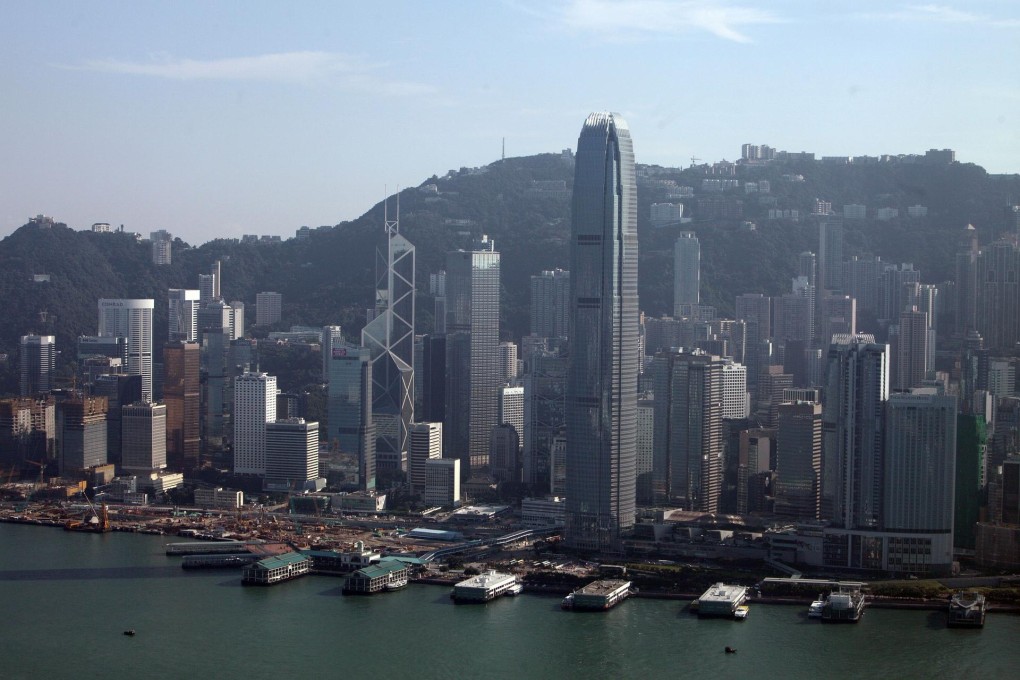Let a chief operating officer get above the politics to administer Hong Kong
We need a 'champion' to efficiently administer city day-to-day and handle quality-of-life issues, and free chief executive to formulate policies

As we contemplate the future strategic direction of Hong Kong, a recurring area of debate is whether the city's current operating model is the most efficient and effective in terms of the management and maintenance of the urban fabric and built environment.
So often issues of a management nature seem to become highly politicised, leading to unnecessary delays in their implementation and, on occasions, increased hardship for sectors of our society.
Apart from local matters which fall within the jurisdiction of district councils, everything to do with the day-to-day running of the city as a city (rather than as a special administrative region) falls within the remit of the chief executive and his policy secretaries. This clearly presents practical challenges, in that one day the priorities are relatively mundane, such as park management, while the next they have national and political implications.
Simply put, therefore, is there a case, although it might take time to achieve, for separating policy formulation and politics from city administration and management, with the appointment of, effectively, a chief operating officer to take responsibility for the latter? Other successful cities have a "champion", usually a mayor, whose main focus is the efficient day-to-day management of the city's infrastructure, urban fabric and community services.
As a start, one possible approach that has been mooted is the appointment of a deputy chief secretary whose role would be to take charge of such matters. But does this go far enough, as he/she would still have to work through the established administrative structure to deliver outcomes?
Is there a case for a city council, under the leadership of a chief operating officer, to which district council members and community-minded residents could be elected and which would co-ordinate the delivery of initiatives across Hong Kong?
Overall policy would still be set by the chief executive and his ministers but much of the responsibility for securing implementation, currently handled by government departments, could be undertaken by such an entity, which would be supported by its own professional team of city administrators, including district officers. Many of these professionals, of course, are already in posts in the current system, so this new approach would represent more of a change in reporting and accountability lines than a wholesale reorganisation of the existing system.